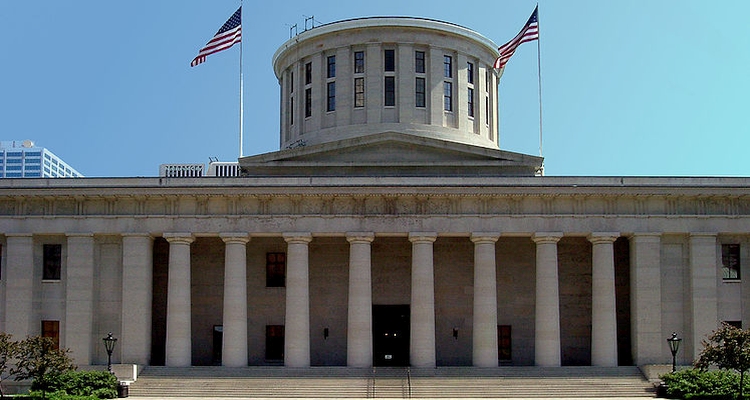Republican Senator Bill Coley of West Chester, Ohio has created a new bill that will limit the amount of gaming credits used for promotions at local racinos and casinos, which essentially allows the gaming facilities to pay less taxes to the state. Coley believes that the operators of such gaming facilities should be paying for the promotions themselves since the actual revenues earned from the promotions are below tax-revenue projections offered to the voters.
Commenting on his legislation, Coley stated: “We think that the effect of this bill will be to increase revenues to schools and local governments. We think it’s high time that the people that made promises to the citizens of the state of Ohio live up to those promises and start delivering the revenues that were promised.
During a Statehouse press conference yesterday, Coley announced his plans to introduce the new bill, which Penn National Gaming is called ‘ill-conceived and misguided’. A 2009 approved amendment to the constitution, state casinos are to pay 33% tax on gross receipts. Gross receipts are considered earnings minus payouts, with lawmakers passing additional legislation which allowed casino operators to deduct promotional credits from the total. The credits are used by the gaming facilities to bring customers in, by providing slot machine or table gaming free play.
Coley says that when the amendment was voted on, it was revealed by backers that hundreds of millions in tax dollars would be made for the state as well as jobs in the thousands. Since the casinos have opened, this has not happened, with the number of slots not installed as authorized, with the state losing out in millions in revenues.
The Senator is proposing that promotional-credit deductions be blocked from casinos and racinos who have not installed a minimum of 90% of the table games and slot machines as outlined in the constitution. Coley proposes that those facilities who do have the proper number of gaming stations will be allowed as much as $5 million in promotional credits each year.
The Penn National Gaming Vice President of Public Affairs, Eric Schippers, argues that gaming facilities have provided hundreds of millions in cash to the economy of the state. In a statement on the subject, Schippers commented: “This proposal seems to be based on the theory that customers receiving promotional credits have wagered that same amount of money even if they didn’t have the credit. Out experience indicates that’s simply not the case.”
Schippers pointed out further that the revenue estimates originally were based on the four casinos to be added to Ohio at the time. The state currently offers 11 gaming venues, four casinos plus seven racinos, which were not in the plans during the original revenue estimates. Penn National operates Hollywood Casino Columbus, Hollywood Casino Toledo, Hollywood Gaming at Dayton Raceway, Hollywood Gaming at Mahoning Valley Race Course, and Raceway Park in Ohio.



